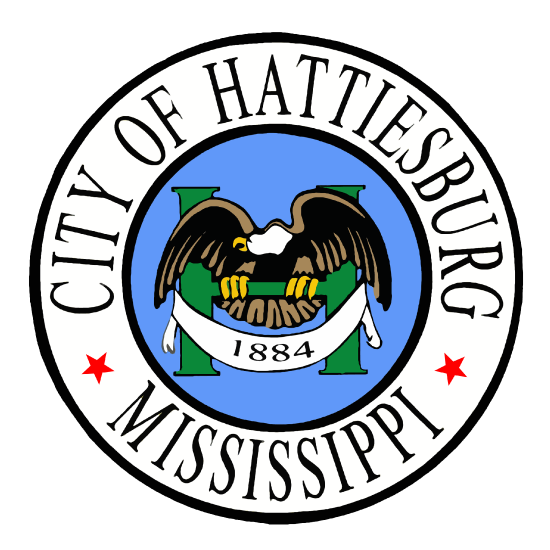Hattiesburg, Mississippi – Continuing a trend of year over year increases, the recent revenues collected from sales tax receipts and use tax project a stable Hattiesburg economy.
“We are pleased with the growth we have seen thus far in sales tax and use tax collections during these first four months of the fiscal year. We know the economic uncertainty that comes with this pandemic, but we are hopeful that tax revenues will continue to meet projections. Our small businesses have done amazing work adapting to a volatile environment, and I encourage our residents to continue supporting their local entrepreneurs.”
The Mississippi Department of Revenue figures for sales tax receipts for August through January include:
- January 2021 sales tax receipts – $1,943,489.94 (YOY increase of January 2020)
- December 2020 sales tax receipts – $1,957,642.28 (highest December since 2006)
- November 2020 sales tax receipts – $2,073,705.48 (highest November on record)
- October 2020 sales tax receipts – $1,938,916.97 (highest October on record)
- September 2020 sales tax receipts – $1,972,206.75 (highest September on record)
- August 2020 sales tax receipts – $2,025,615.49 (highest August on record)
Each month’s receipts show the economic activity that occurred two months prior. For example, the December figure reflects what was purchased in the Hattiesburg economy during the month of October.
In addition to monthly sales tax numbers, the bi-annual collection of revenue generated from the diversion of use tax came in at $956,067.90, which was more than $450,000 above projection.
Local disbursements for Hattiesburg began in 2020, and funding generated has been allocated through infrastructure projects. For 2020, this included the paving of Weathersby Road, a major commercial thoroughfare for the city.
For the City of Hattiesburg, the figures for each use tax receipt include:
- January 2020 use tax receipts – $242,520.78
- July 2020 use tax receipts – $295,277.27
- January 2021 use tax receipts – $956,067.90
Barker added, “We thank our legislative delegation for passing such an innovative funding mechanism to help municipalities fund additional infrastructure projects. Along with establishing a growing revenue stream, it is flexible enough to allow cities the ability to take a holistic approach in solving road, bridge, drainage and water/sewer challenges.
As a city that relies heavily on sales tax revenues, these record-setting and year-over-year increases bolster the notion that the local economy is stable amid a pandemic.
##
YOY Comparison of Sales Tax Numbers:
- January 2021 sales tax receipts – $1,943,489.94
- January 2020 – $1,927,584.58
- January 2019 – $1,914,925.88
- December 2020 sales tax receipts – $1,957,642.28
- December 2019 – $1,845,824.54
- December 2018 – $1,835,153.84
- November 2020 sales tax receipts – $2,073,705.48 (highest November on record)
- November 2019 – $1,853,712.03
- November 2018 – $1,839,778.55
- October 2020 sales tax receipts – $1,938,916.97 (highest October on record)
- October 2019 – $1,890,196.11
- October 2018 – $1,915,150.31
- September 2020 sales tax receipts – $1,972,206.75 (highest September on record)
- September 2019 – $1,835,903.82
- September 2018 – $1,926,912.36
- August 2020 sales tax receipts – $2,025,615.49 (highest August on record)
- August 2019 – $1,877,821.37
- August 2018 – $1,829,502.15
These receipts indicate the base 7% sales tax figures and do not include local option sales taxes on food and beverage or hotel/motel.
##


